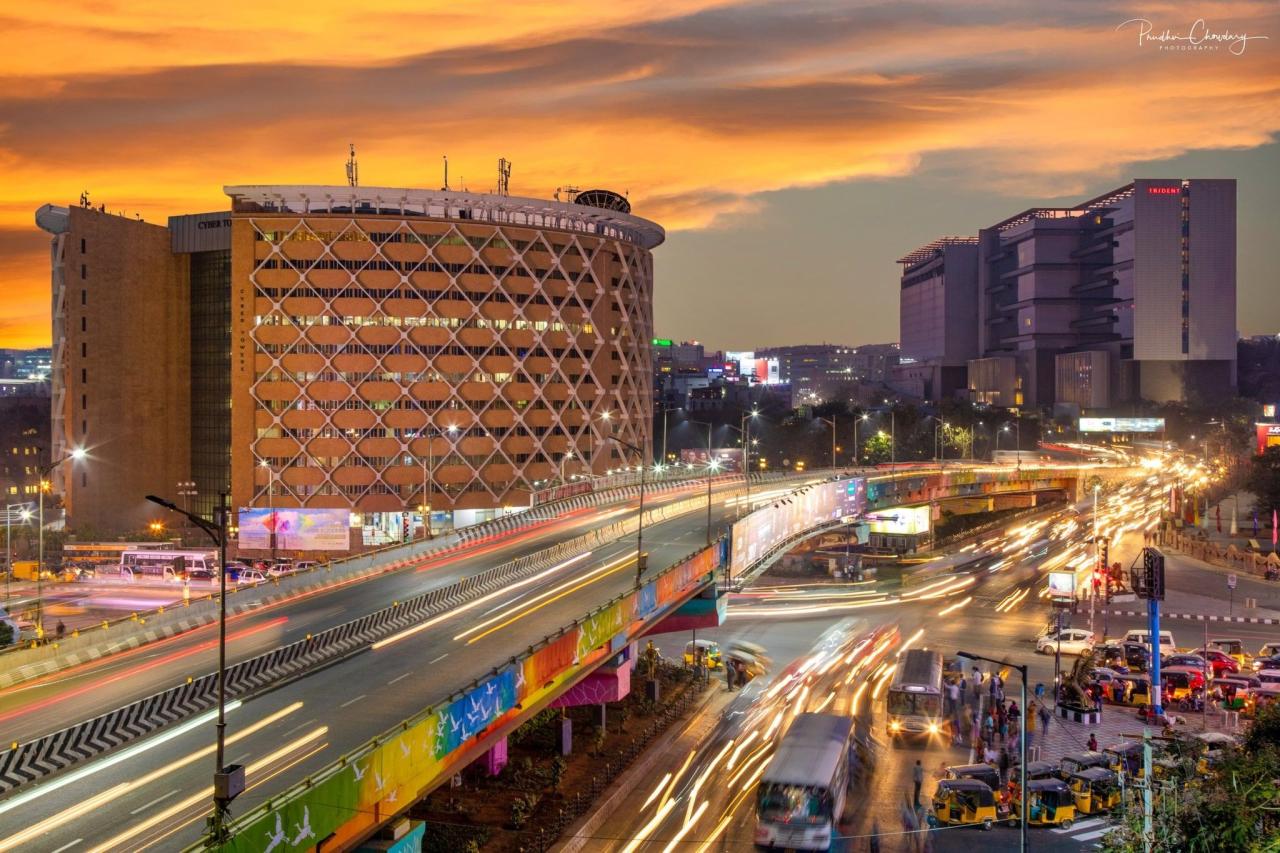Nagpur, often referred to as the “Orange City,” is poised for a significant transformation with the approval of the Hi-Tech City project. This ambitious initiative aims to position Nagpur as a leading technology and innovation hub in India, rivaling established centers like Bengaluru and Hyderabad. The project is a testament to the city’s commitment to embracing modernization and fostering economic growth.
A. Overview of the Hi Tech City Project
On May 8, 2025, Maharashtra Chief Minister Devendra Fadnavis granted in-principle approval for the ‘New Nagpur’ project, a high-tech city initiative aimed at transforming the region into a major technology and innovation hub. This ambitious project is set to be developed within the jurisdiction of the Nagpur Metropolitan Region Development Authority (NMRDA). The initiative is designed to position Nagpur alongside established tech centers like Hyderabad and Bengaluru, signaling a significant stride in regional development and investment in high-end infrastructure.
B. Strategic Location and Connectivity
Nagpur’s central location in India makes it an ideal candidate for a technology hub. The city boasts excellent connectivity through road, rail, and air networks. The Multi-modal International Cargo Hub and Airport at Nagpur (MIHAN) further enhances its logistical advantages, facilitating seamless transportation of goods and services.
C. Integration with Existing Infrastructure
The Hi-Tech City project is expected to integrate seamlessly with existing infrastructure developments in Nagpur. The city’s Smart City initiatives have already laid the groundwork for technological advancements, including the installation of approximately 3,500 CCTV cameras and the establishment of 150 solar-powered police booths.
D. Economic Implications
The development of the Hi-Tech City is anticipated to have profound economic implications for Nagpur and the surrounding region. By attracting technology companies and fostering innovation, the project is expected to create numerous employment opportunities and stimulate economic growth.
E. Educational and Research Opportunities
The establishment of a sub-center of the National Forensic Science University (NFSU) in Nagpur underscores the city’s commitment to education and research. This facility aims to enhance forensic education and infrastructure in the region, further solidifying Nagpur’s position as a knowledge hub.
F. Environmental Considerations
Sustainability is a key focus of the Hi-Tech City project. The integration of eco-friendly technologies and green spaces is expected to promote environmental conservation and improve the quality of life for residents.
G. Social Inclusivity
The Nagpur Municipal Corporation (NMC) has launched initiatives to promote social inclusivity, such as the construction of transgender-friendly public toilets. These efforts aim to ensure that the benefits of urban development are accessible to all segments of society.
H. Challenges and Mitigation Strategies
While the Hi-Tech City project holds immense potential, it also presents challenges, including the need for substantial investment and the displacement of existing communities. The Maharashtra government has taken steps to address these issues, such as reducing stamp duty charges for families displaced by the Nagpur Smart City project.
I. Future Prospects
The successful implementation of the Hi-Tech City project is expected to transform Nagpur into a leading technology and innovation hub. This development will not only enhance the city’s economic prospects but also improve the quality of life for its residents through increased employment opportunities and access to advanced infrastructure.
Conclusion
The approval of Nagpur’s Hi-Tech City project marks a significant milestone in the city’s journey toward modernization and economic development. By leveraging its strategic location, existing infrastructure, and commitment to sustainability and inclusivity, Nagpur is well-positioned to emerge as a prominent technology hub in India.










